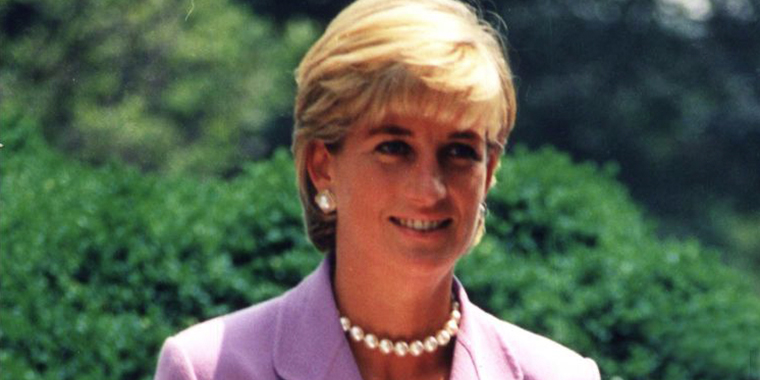‘The Crown’ Sparks Conversation on Princess Diana’s Bulimia Struggles

Find Your Perfect Match
Answer a few questions and we'll provide you with a list of primary care providers that best fit your needs.
The late and much-beloved Princess Diana features prominently in season four of Netflix’s popular series “The Crown.” Her struggle with bulimia is an important part of her story, as she battles and finally confronts her eating disorder.
Although some viewers have criticized the series for potentially triggering bulimia in vulnerable people, psychiatrist Christina Waite, MD, says, “Increasing awareness of an illness such as this is always good. I think the series depicted Diana’s triggers quite realistically.”
Dr. Waite, who is medical director for psychiatry at Miami Valley Hospital, points out that episodes dealing with this sensitive subject are preceded by a warning that the content may be disturbing to some people. She believes there is far more benefit than downside in being open about this eating disorder, in which people swing from binge eating to purging via self-induced vomiting, misuse of laxatives, diuretics, and other extreme measures.
Diana’s dysfunctional marriage and isolation among the royals were triggering factors that led to her bulimia. Dr. Waite says causes of bulimia can vary widely but frequently include issues with self-esteem and obsession with weight. At the core, “bulimia is a way for people to cope with anxiety and loss of control,” Dr. Waite says. She adds that these realities are particularly difficult in current times, when stressors related to COVID-19 have increased the number of eating disorders.
She further relates that up to 90 percent of people with bulimia have another mental illness that must be treated along with the eating disorder. Among the most common are depression,
post-traumatic stress disorder,
a
borderline personality disorder, and obsessive compulsive disorder.
Physical effects from ongoing bulimia include malnutrition that can lead to organ failure and death. About 1 percent of women and .1 percent of men will have bulimia during their lifetime, according to the National Eating Disorders Association. Of these, about 4 percent will die from the disorder.
“Bulimia is one of the most lethal psychiatric illnesses. Malnutrition can permanently shrink your brain, damage your heart, cause bone loss, and weaken your immune system,” Dr. Waite says.
At the end of season four, Diana decides to stop her bulimic behavior. Dr. Waite notes, “Don’t interpret that she was cured instantly. She made a commitment to herself to overcome the bulimia.”
Her recovery required extensive treatment over time. Treatment options for all eating disorders include pursuing therapy with a therapist or psychiatrist skilled in treating eating disorders. Counselors who do not have this experience can actually do further harm, Dr. Waite says. Education on nutrition also is important, and in bulimia, the antidepressant Prozac is helpful in managing anxiety and obsession with food.
Dr. Waite says Diana’s openness about her bulimia has likely helped thousands of people overcome their own eating problems. Other celebrities who have spoken out about their bulimia include Jane Fonda, Lady Gaga, and Demi Lovato.
If you or someone you know has an eating disorder and is seeking help, Samaritan Behavioral Health provides services throughout Southwest Ohio. Call (937) 734-4310(937) 734-4310 or (937) 734-4311(937) 734-4311
National Eating Disorders Association (NEDA) Helpline
offers support, resources and treatment options for yourself or a loved one. For crisis situations, text “NEDA” to 741741 to be connected with a trained volunteer at Crisis Text Line.
Find Your Perfect Match
Answer a few questions and we'll provide you with a list of primary care providers that best fit your needs.
Source: Christina Waite, MD, Medical Director for Psychiatry at Miami Valley Hospital; National Eating Disorders Association





